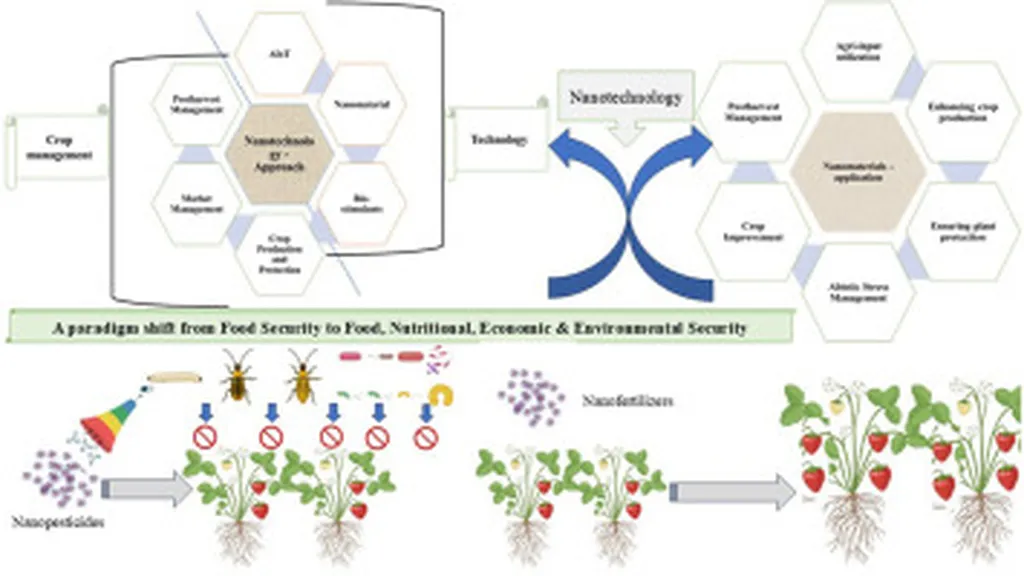In the heart of India’s agricultural landscape, a quiet revolution is taking root, one strawberry plant at a time. Researchers, led by R.A. Wani from the Department of Horticulture at Sam Higginbottom Institute of Agriculture Technology and Science in Allahabad, are challenging the status quo of fertilizer-dependent farming with a promising approach known as integrated nutrient management. Their findings, published in the journal ‘Advances in Horticultural Science’ (which translates to ‘Progress in Horticultural Science’), are sending ripples through the agritech community, offering a glimpse into a more sustainable future for strawberry cultivation.
For decades, farmers have relied heavily on commercial fertilizers to boost yields, often at the expense of the environment. The excessive use of nitrogen, in particular, has led to groundwater pollution through nitrate leaching. Wani and his team sought to address this issue by exploring a more balanced approach, combining organic and inorganic fertilizers to create an integrated nutrient management strategy.
Their study focused on the strawberry cultivar ‘Sweet Charley’, a popular variety known for its sweetness and high market value. The researchers planted the runners in early November, arranging them in a randomized block design with five treatment combinations, each replicated three times. These treatments varied in their ratio of organic to inorganic fertilizers, allowing the team to observe the effects on plant growth, yield, and fruit quality.
The results were striking. The combination of 75% organic fertilizers and 25% inorganic fertilizers (treatment T4) emerged as the clear winner. This integrated approach significantly enhanced the vegetative, reproductive, and yield characteristics of the strawberry plants. “The application of integrated sources of nutrients significantly affects the growth and yield of strawberry plants,” Wani noted, emphasizing the potential of this method to revolutionize strawberry cultivation.
The implications of this research extend far beyond the fields of Allahabad. As the global demand for strawberries continues to rise, so does the pressure on farmers to increase yields while minimizing environmental impact. Integrated nutrient management offers a compelling solution, one that could reshape the future of strawberry farming and other crops alike.
Moreover, the findings could have significant commercial impacts for the energy sector. The production of inorganic fertilizers is energy-intensive, accounting for a substantial portion of global energy consumption. By reducing the reliance on these fertilizers, integrated nutrient management could help lower energy demand and reduce greenhouse gas emissions, contributing to a more sustainable future for all.
As the agritech community continues to grapple with the challenges of sustainable agriculture, Wani’s research offers a beacon of hope. It reminds us that sometimes, the most innovative solutions are those that draw on the wisdom of the past, combining traditional practices with modern technology to create a more sustainable future. In the words of Wani, “This study highlights the importance of integrated nutrient management in achieving sustainable agriculture, and its potential to transform the way we grow our food.”

